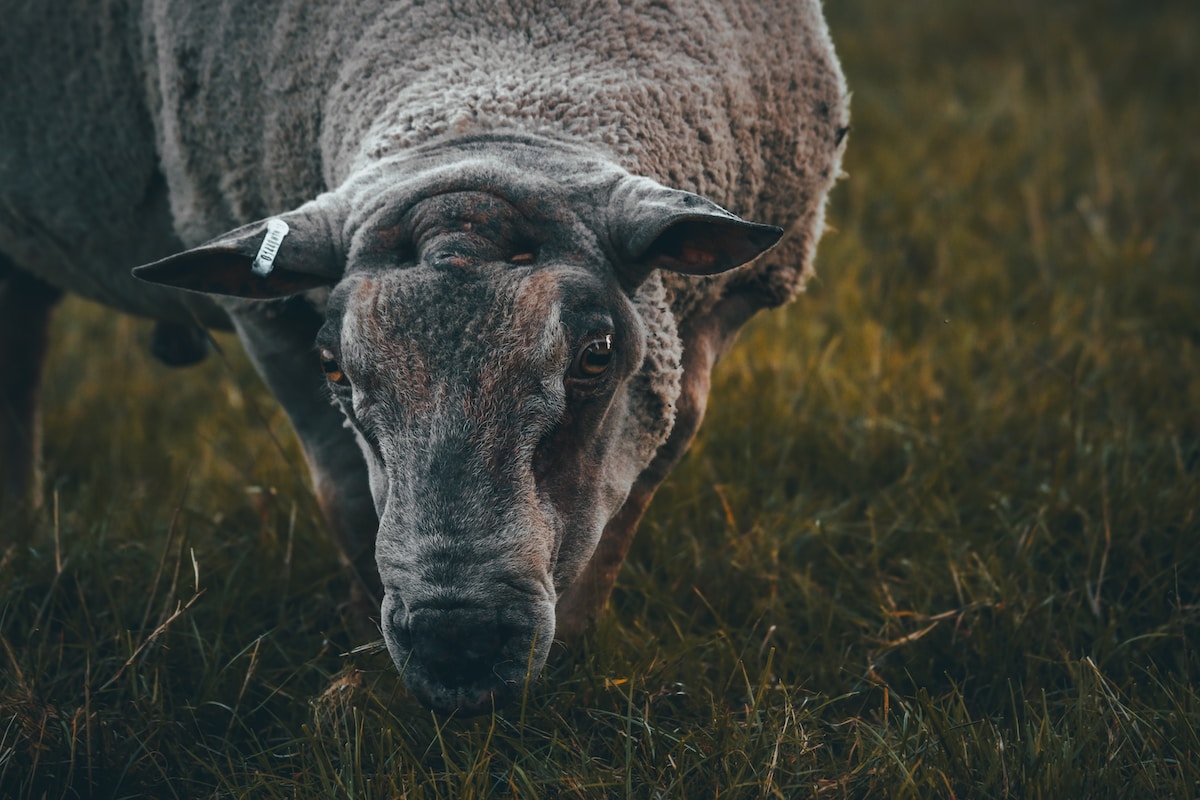Scientists from Aberstwyth University are researching new methods of fighting a parasite that affects most sheep flocks in the UK. By utilising new technologies, such as environmental DNA analysis and sensors that can be placed on sheep to monitor their behaviour, they hope to develop techniques that will help tackle liver fluke in livestock.
Liver fluke is a highly pathogenic parasite that also affects cows and is present in most sheep flocks and cow herds in the United Kingdom according to estimates. It is believed that the disease costs the livestock industry £300 million annually, due to its effect on animal growth, fertility, milk production and increases in mortality and veterinary costs.
Controlling liver fluke is highly important in ensuring sustainable sheep meat production. Currently, this is reliant on drug-based treatment, but overuse of these methods over the past decades has led to resistance. It is thought climate change and the arrival of wetter summers and warmer winters has also helped the increase in liver fluke over the past half century. These conditions are favourable to the mud snail, which is essential as an intermediary for liver fluke to infect sheep and cattle.
The research by Aberystwyth University will last three years and will utilise innovative techniques to develop new interventions to control liver fluke. For example, by utilising environmental DNA testing and protein testing the researchers will be able to identify infectious areas on farms. Aled Rhys Jones, the leader of the project, said:
‘Livestock producers face an unprecedent threat from liver fluke over the coming decades. Climate change, drug resistance and land management policy changes will all contribute to an increasing liver fluke threat, which if not mitigated will negatively impact animal productivity, welfare and carbon emissions.’
‘With liver fluke populations rapidly becoming resistant to certain drug treatments, alternative control strategies which focus on infection avoidance through grazing and land management must be utilised on farms. However, for these measures to be effective, it is imperative that we can accurately identify liver fluke infection risk areas within farms and fields.’
‘This project will use environmental DNA analysis techniques previously developed at Aberystwyth University to identify mud snail habitats on project farms and evaluate the environmental features of these risk areas to enhance our understanding of factors that influence mud snail presence and ecology. The project will also develop a novel environmental protein analysis technique that will further enhance our environmental testing capabilities and offer insight into infection risk timeframes.’
‘Drug treatments, however, will remain a vital component of liver fluke control strategies, and so tools must be developed to support the sustainable use of these treatments. This project will evaluate the effectiveness of using sheep performance data and wearable behaviour sensors on a small proportion of their flock to precisely guide liver fluke treatments.’
The project will also see collaboration with other partners to shape the future of the fight against liver fluke. These partners include the Farmers Union of Wales, Menter a Busnes, the Welsh Veterinary Science Centre as well as Ridgeway Research.
Hazel Wright, Deputy Head of Policy of the Farmer’s Union of Wales said:
‘The FUW is delighted to be a partner in this innovative and novel research project. The effects of liver fluke infection on the growth and productivity of sheep flocks in Wales are significant and research streams into those mechanisms which may reduce the prevalence of this parasite are therefore welcome.’
‘As an industry we recognise that factors such as climate change and its resultant effects on weather patterns can have a tremendous impact on the transmission of parasitic infections. Given the propensity of liver fluke to thrive in the warmer and wetter conditions now being experienced by our members, this project is of vital importance in helping future-proof a sustainable and thriving sheep sector in Wales.’
The funding for the research comes via a grant by the Biotechnology and Biological Sciences Research Council, part of UKRI.


